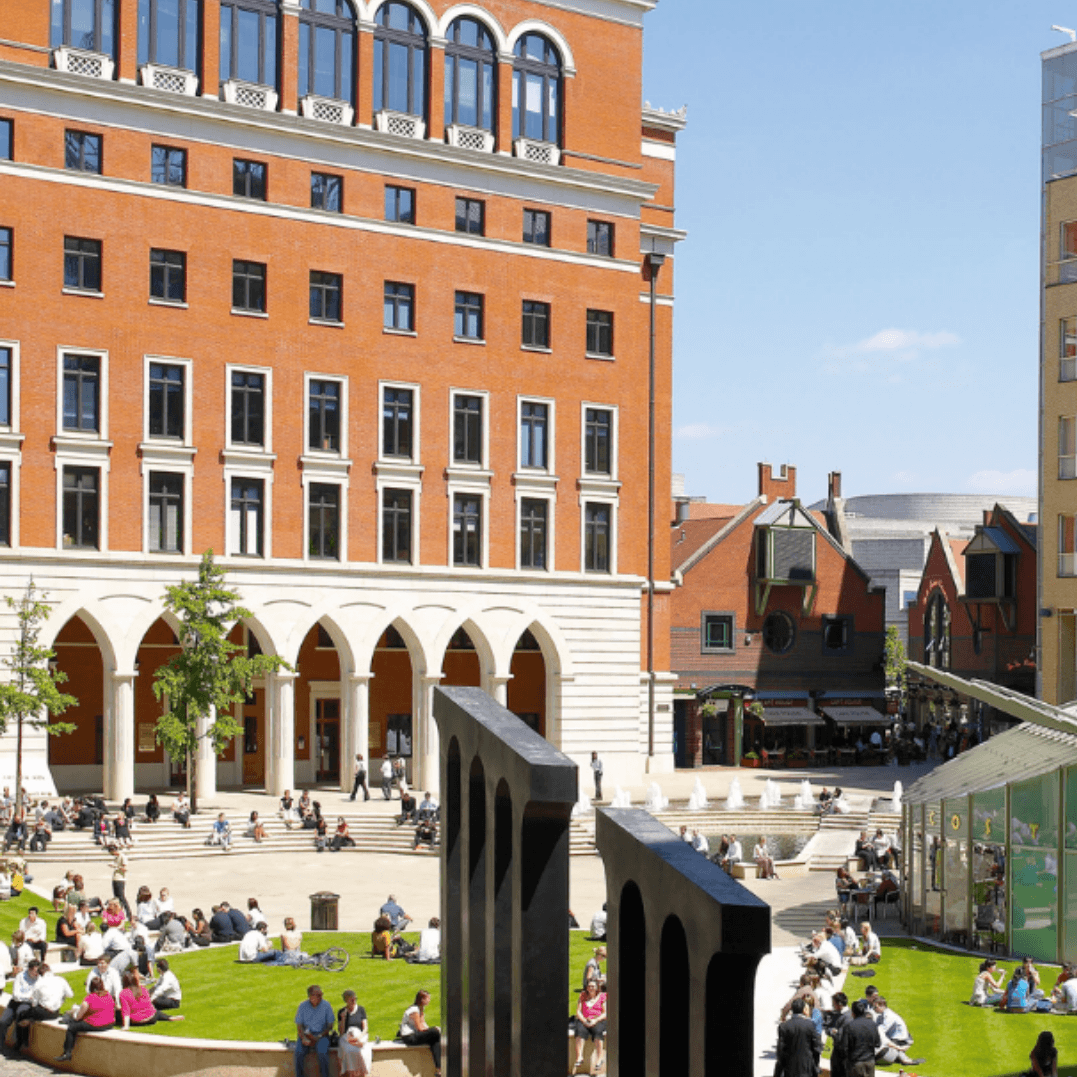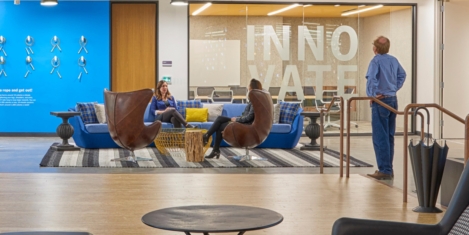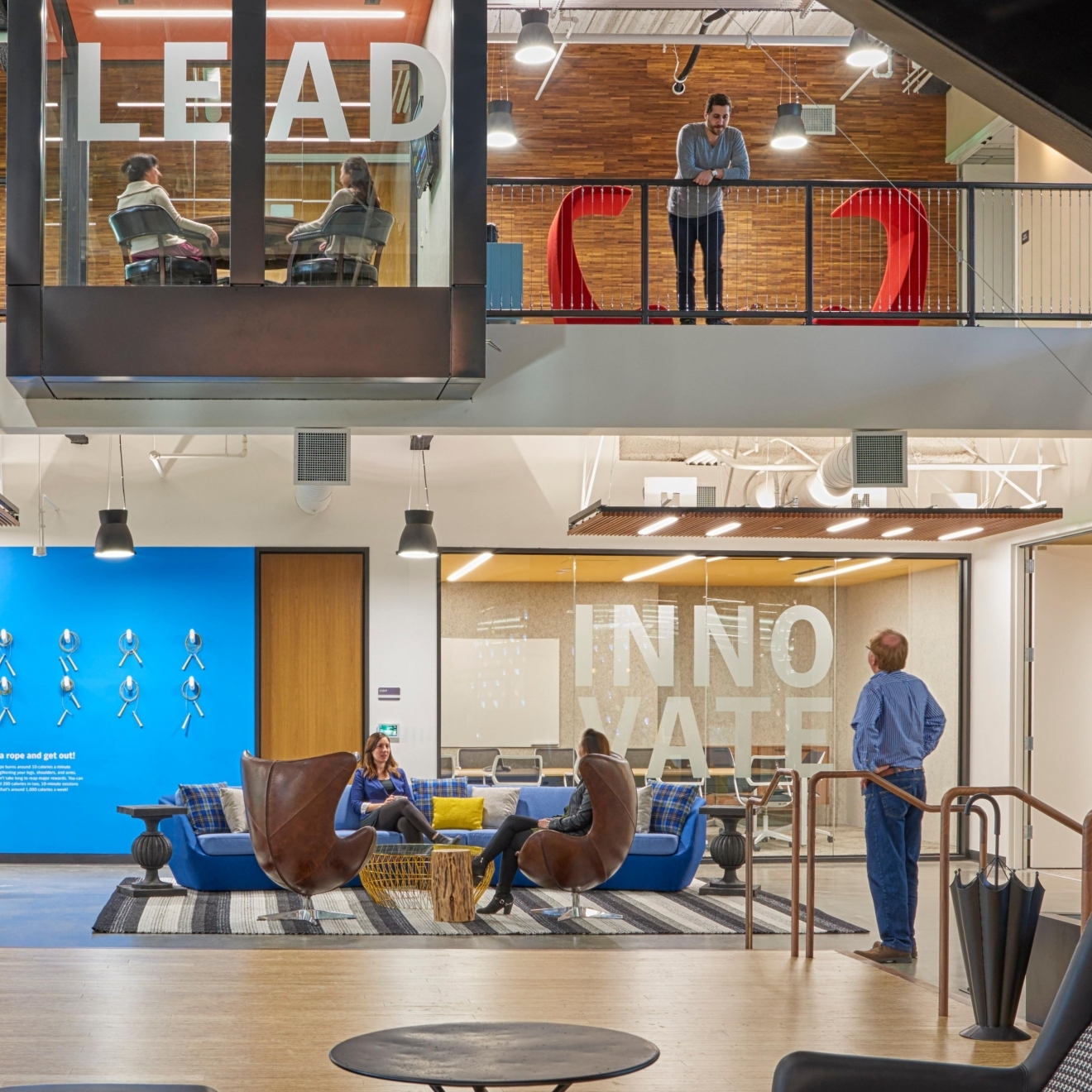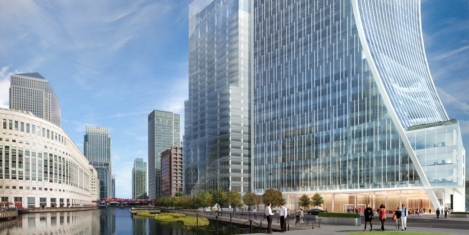To provide the best experiences, we use technologies like cookies to store and/or access device information. Consenting to these technologies will allow us to process data such as browsing behaviour or unique IDs on this site. Not consenting or withdrawing consent, may adversely affect certain features and functions.
The technical storage or access is strictly necessary for the legitimate purpose of enabling the use of a specific service explicitly requested by the subscriber or user, or for the sole purpose of carrying out the transmission of a communication over an electronic communications network.
The technical storage or access is necessary for the legitimate purpose of storing preferences that are not requested by the subscriber or user.
The technical storage or access that is used exclusively for statistical purposes.
The technical storage or access that is used exclusively for anonymous statistical purposes. Without a subpoena, voluntary compliance on the part of your Internet Service Provider, or additional records from a third party, information stored or retrieved for this purpose alone cannot usually be used to identify you.
The technical storage or access is required to create user profiles to send advertising, or to track the user on a website or across several websites for similar marketing purposes.
![]() The number of UK organisations with wellbeing strategies has increased by 130 percent in the last three years, with over two thirds of employers saying they now have a formal plan in place to support staff. That is according to the Employee Wellbeing Research Report 2019 (free to members) published by the Employee Rewards and Benefits Association in association with AXA PPP Healthcare. The report claims that 68.4 percent of employers have a dedicated wellbeing strategy, suggesting that wellbeing programmes for staff are now an everyday part of business. (more…)
The number of UK organisations with wellbeing strategies has increased by 130 percent in the last three years, with over two thirds of employers saying they now have a formal plan in place to support staff. That is according to the Employee Wellbeing Research Report 2019 (free to members) published by the Employee Rewards and Benefits Association in association with AXA PPP Healthcare. The report claims that 68.4 percent of employers have a dedicated wellbeing strategy, suggesting that wellbeing programmes for staff are now an everyday part of business. (more…)















 Many larger businesses are struggling to implement digital transformation in spite of the dangers to their long term survival, a new joint report from CBI and Oracle claims. According to
Many larger businesses are struggling to implement digital transformation in spite of the dangers to their long term survival, a new joint report from CBI and Oracle claims. According to 














June 26, 2019
Flexible working is the new measure of success
by Ben Chatfield • Comment, Flexible working